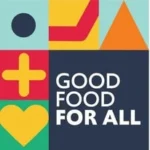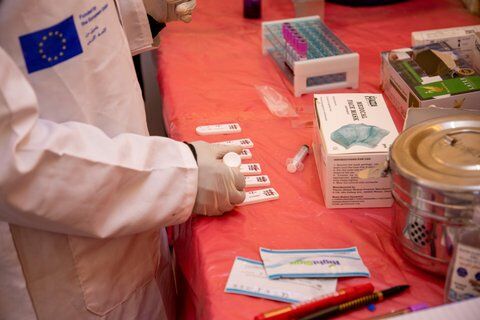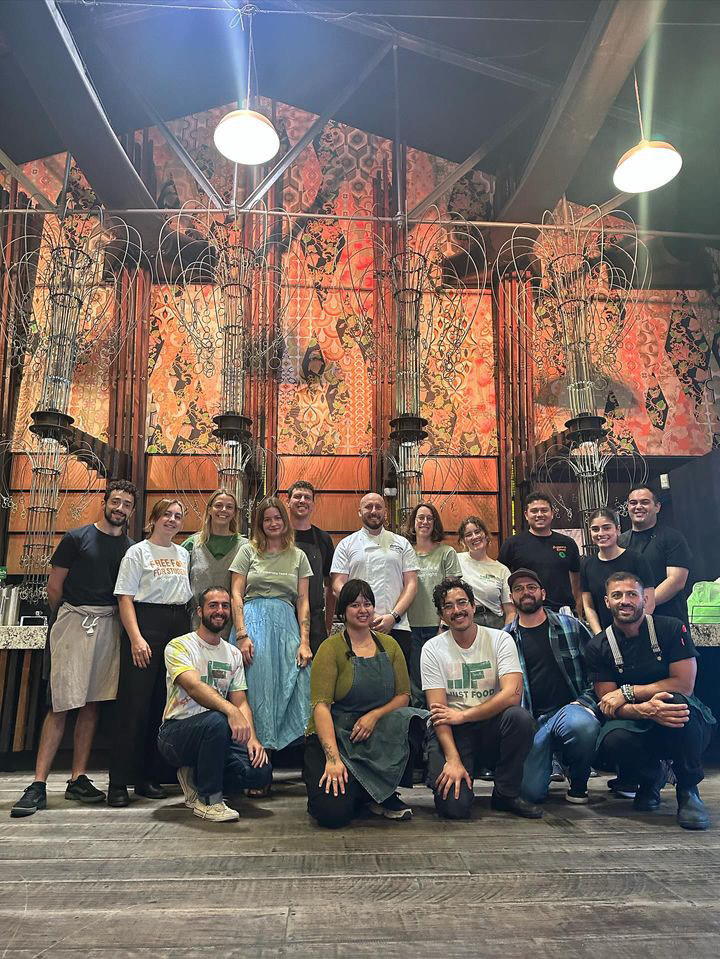
Well Fed at the Wharf!
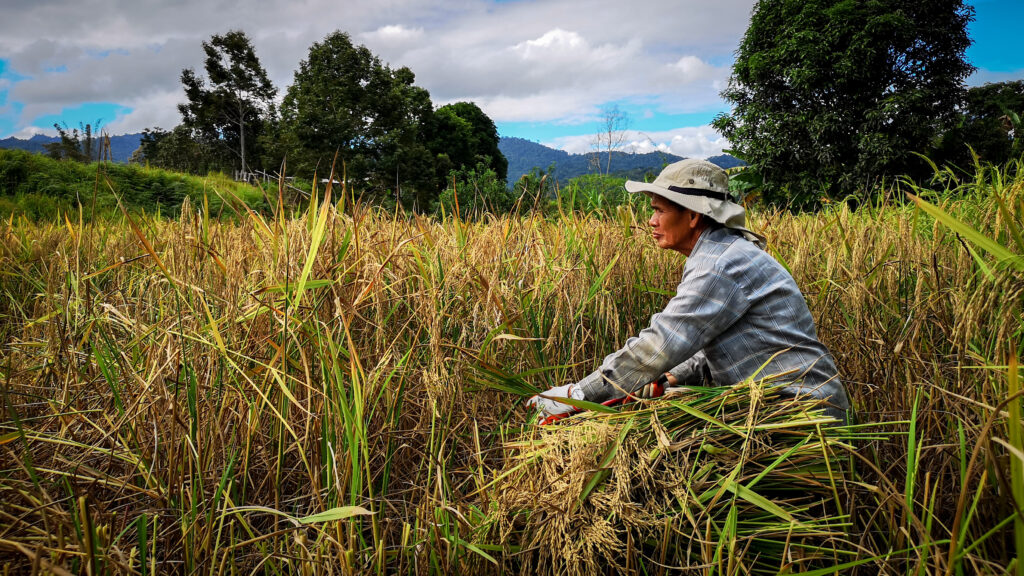
Coordinated action against the global food crisis – how the G7 and G20 can save lives, build resilience and secure the future
In 2022, an estimated 691 to 783 million individuals worldwide experienced hunger. The majority of those facing hunger resided in Asia (55%) and Africa (38%). Among children under the age of 5, 22.3% (148.1 million) suffered from stunted growth, 6.8% (45 million) were wasted, and 5.6% (37 million) were overweight. Alarmingly, approximately 75% of children under 5 affected by stunting lived in countries experiencing conflict. The situation is equally dire for adolescent girls and women, with over one billion experiencing undernutrition, which includes being underweight and having short stature, deficiencies in essential micronutrients, and anaemia. These conditions have devastating consequences for their lives and well-being. Most recently, deteriorating food security has been seen in Sudan where 18 million people face acute hunger while famine looms in Gaza.
Global hunger is reaching new heights as the global food crisis – driven by fragile food systems, climate change, conflict, economic downturns, inequality, high food prices and the impacts of the COVID-19 pandemic – reverses decades of progress. Among those most affected are children who, in critical stages of growth, are being deprived of what they need most: a safe and healthy future on a livable planet. The next generation is being born into a cycle of malnutrition.
At the same time, smallholder farmers face compounding challenges. An El Niño-triggered drought has forced Malawi to declare a state of disaster as severe crop damage impacts 2 million farming households and leaves 20 million people in need of food assistance. The world over, smallholder farmers are on the frontlines of our food systems and the climate crisis and yet receive less than 2% of climate finance, are overlooked in global fora and face barriers to accessing markets and agriculture inputs.
Urgent and coordinated action is needed now to break the cycles of food crises and transform food systems to deliver for people and the planet. We know the solutions needed. The G7 must play a critical role in galvanising action to save lives, build resilience and secure the future. The Government of Italy has shown leadership on the issue of food security with the creation of the L’Aquila Food Security Initiative in 2008. This year’s Italian Presidency has the ambition to launch the new Apulia Food Security Initiative while the Brazilian G20 Presidency has announced a Global Alliance Against Hunger and Poverty. These initiatives are critical opportunities to get the world back on track and bring an end to the cycle of food crises. Join us for this official parallel session of the Civil 7 Summit.
Session Aim:
- Raise the visibility of the global food crisis at the C7 Summit ahead of the June G7 Leaders Summit
Session Objectives:
- Bring to light the global food crisis with voices from affected countries, including child advocates
- Elevate the policy recommendations of the C7 Food Sovereignty and Food Systems Transformation Working Group to influence the shaping of the G7 food security and nutrition initiative, including the vital role of the Committee on World Food Security
- Champion the idea of a global plan at the G7 and G20 that would improve leadership, coordination and accountability on the global food crisis
Moderator:
- Alice Macdonald, Campaign Director of Hungry for Action
Speakers:
- Musa Sowe, Coordinator of C7 Food Sovereignty and Food Systems Transformation WG
- Vicente Bezerra, Brazil Alternate Representative of Brazil
- Andrea Galante, Senior Policy Advisor for Food Security and Nutrition, World Vision International
- Alberta Guerra, CSOs Liaison Officer, GAFSP
- Lucy Esipila, Regional Secretary General, Caritas Africa
- Stephen Ruvuga, Executive Director, MVIWATA

United Kingdom Chefs’ Manifesto Action Hub – Evolving Food Futures
United Kingdom Chefs’ Manifesto Action Hub – 14-15 June 2024 – Evolving Food Futures; 9am-5pm
London
Are you hungry for change? Join chefs, growers, gardeners, educators, policymakers, restauranteurs, academics and others affected by and interested in contributing to a better food future to share, discuss, learn and be inspired by projects, ideas and research for the food future we want to build together.
The two days will be divided into four sessions, exploring the cycle of food from soil to plate and touching on key aspects like how to improve access to healthy and nutritious food where it is most needed and how to measure and reduce the carbon footprint of our food choices. Register your interest today. To register: https://www.omvedgardens.com/chefs-manifesto-london-action-hub-2024

Australia Chefs’ Manifesto Action Hub – Upcycling food for a zero waste future
Australia Chefs’ Manifesto Action Hub – 19 May 2024 – Upcycling food for a zero waste future
Melbourne
The event builds on an action-research project as part of the End Food Waste CRC to support the transition towards a more circular hospitality sector (with small to medium cafés and restaurants). The workshop aims to get the conversation started by sharing innovative practices happening by circular economy champions right now and exploring the best way to exchange skills and knowledge within the industry. It is a great opportunity to network with a mix of talented chefs, food system advocates, food scientists and community organisations. To find out more or register, contact Keren: keren@sdg2advocacyhub.org
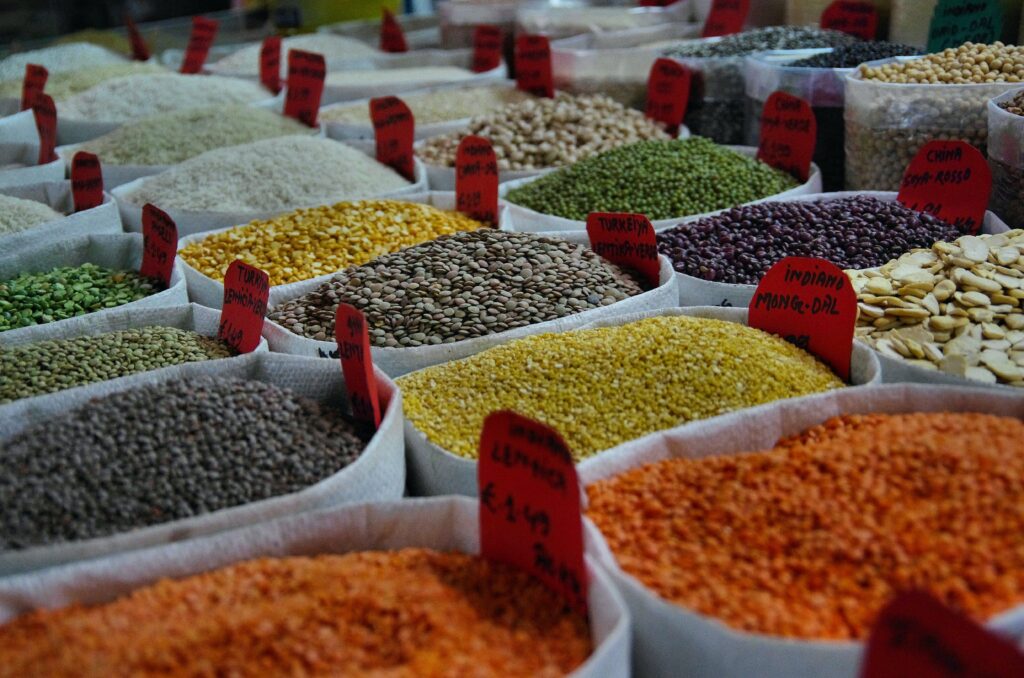
Harnessing diverse proteins to sustainably nourish low- and middle-income country populations
To amplify momentum around Diverse Proteins in 2024, and mark the UNGA Sustainability Week, the Sight and Life Foundation and the SDG2 Advocacy Hub are organizing an engaging online event that will shed light on the role of diverse proteins in mitigating the dual challenges of climate change and malnutrition, especially in low- and middle-income countries (LMIC).
The webinar will highlight the opportunities and challenges associated with diversifying protein sources, including nutritional benefits, sustainability and sourcing, and impact on livelihoods. It will also showcase exciting innovative pitches to inspire us.
Register for the webinar through the link on this page!
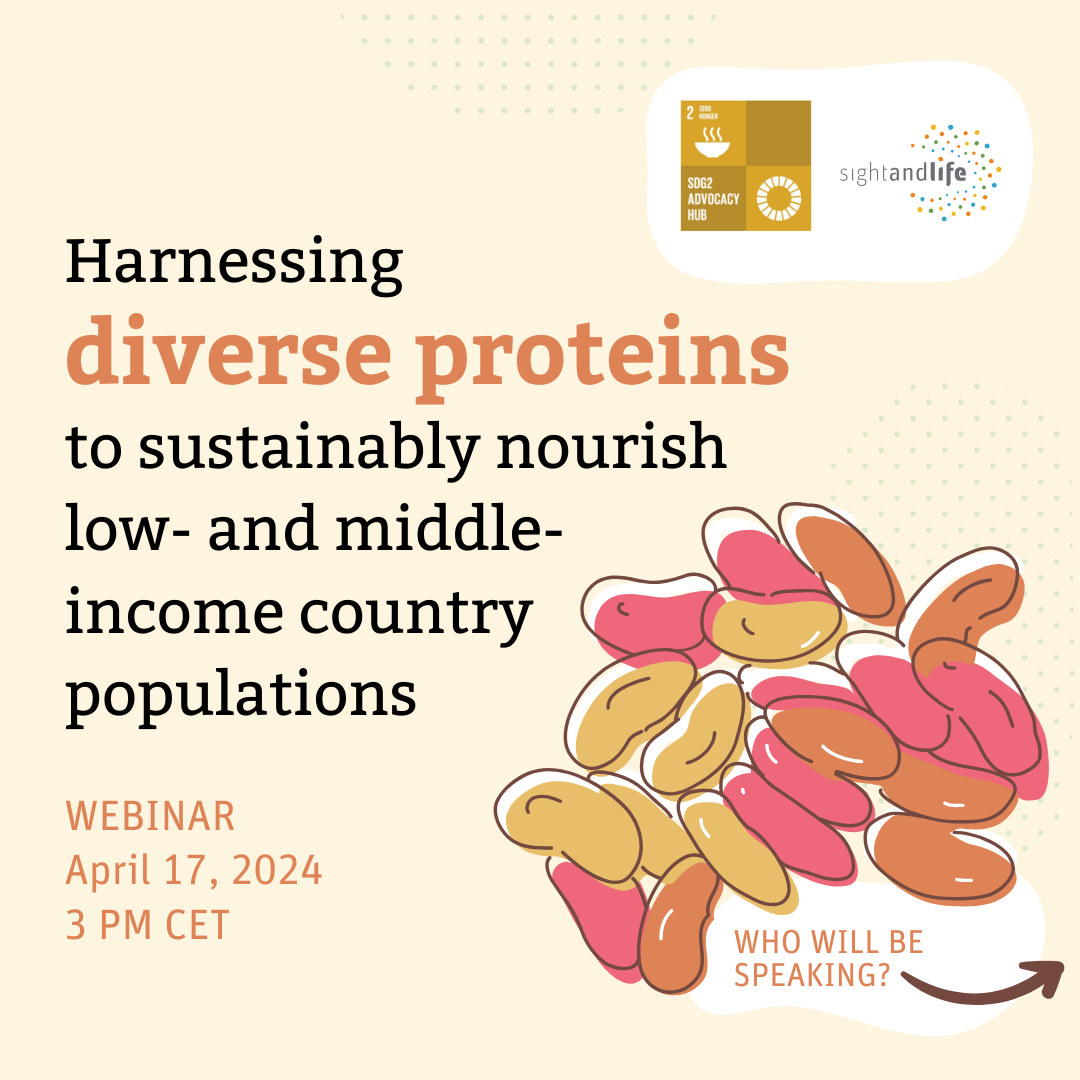
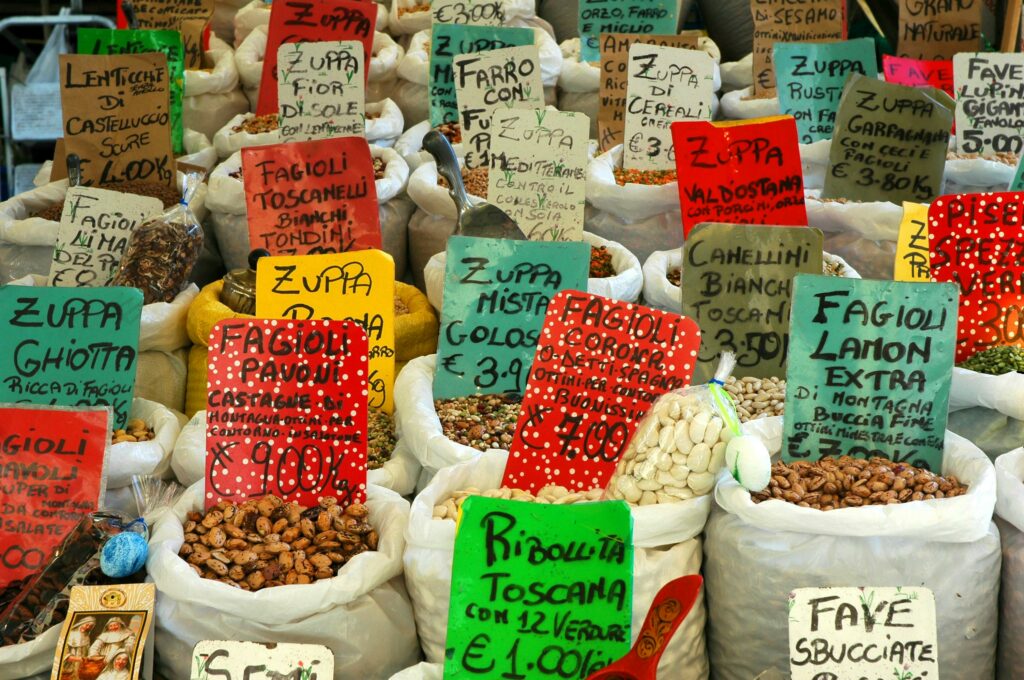
Harnessing diverse proteins to sustainably nourish low- and middle-income country populations
Amid climate change affecting our food systems, what opportunities do we have to diversify access to proteins?
Join us for webinar “Harnessing diverse proteins to sustainably nourish low- and middle-income country populations”
Why Should you Join?
- Gain insights on the opportunities and challenges associated with diversifying protein sources including nutritional benefits
- Understand their sustainability, sourcing and impact on livelihoods.
- Be inspired by the exciting innovative pitches.
Who are the Key Speakers?
Join us and hear from our experiences line of speakers including Kristin Gutekunst, Alan Javier Hernandez Alvarez, Beatrice Ekesa, PhD, Betty Kibaara, Jean Paul Gisa, Talash Huijbers and Grant M. Gordon, PhD. Kesso Gabrielle van Zutphen-Küffer will open up the discussion, while Andy Jarvis will close with a call to Action. Our Executive Director, Paul Newnham will moderate the discussion.
Breaking the Cycle of Food Crises: Exploring the Financing Landscape
Right now 783 million people are hungry, chronic hunger is affecting a fifth of Africa’s population. The climate and debt crises are worsening the situation.
As the World Bank and IMF Spring Meetings near, Hungry for Action, in partnership with OXFAM in Africa, will convene a webinar to discuss how we can unlock the financing needed to tackle the global food crisis and drive progress towards SDG2 and climate goals. The panel of experts will delve into financing priorities including multilateral development bank reforms, debt relief, and the opportunity of the forthcoming IDA Replenishment.
This session will explore why unlocking more and better financing is key to breaking the cycle of food crises and accelerating progress towards SDG2 and what it could deliver for the broader SDG and climate agendas.
What do we want to achieve?
This session envisions two main outcomes as follows:
- Increased youth and smallholder farmer awareness and public campaigning for reversing the trends on food security and nutrition financing gaps and income and gender inequalities.
- A catalog of new ideas and proposals is produced to engage multilateral development banks and African Food Systems Parliamentary Network on food security priorities.
Session Speakers:
- Neema Lugangira, Member of Parliament Tanzania and Board Member of the Parliamentary Network on the World Bank and IMF
- Sessi Akoha, Agricultural Economist and MEAL Expert at West African Network of Peasants and Agricultural Producers (ROPPA)
- Zacharey Carmichael, Senior Economist, World Bank Agriculture and Food Global Practice, World Bank CRW ERF Technical Coordinator for Food Security Crises and Global Alliance for Food Security (GAFS) Secretariat
- Friederike Roder, Vice President, Global Policy and Advocacy, Global Citizen
Time
9:00 – 10:00 hrs EDT, 13:00 – 14:00 hrs GMT, 14:00 – 15:00 hrs WAT, 16:00 – 17:00 hrs EAT

Securing Africa’s Future: Addressing the Food Crisis and Empowering African Smallholder Farmers
African leaders were in Addis Ababa Ethiopia from Feb 17-18 2024 for the Annual African Union Summit. This summit was held on the back of a year that has seen multiple crises but also opportunities, among them, African Union’s admission as a permanent member of the G20 and the first Africa Climate Summit among others. Further, this year’s theme “Educate an African Fit for the 21st Century: Building Resilient Education Systems for Increased Access to Inclusive, Lifelong, Quality, and Relevant Learning in Africa” provides not only relevance but also a solid ground to look ahead to 2024.
Not only is tackling the global food crisis vital for education, but it is vital for our continent. Alarming statistics reveal that approximately 282 million people — about 20 percent of the population — faced undernourishment in 2022, marking a staggering increase of 57 million individuals since the COVID-19 pandemic’s onset. Furthermore, 49 million are on the brink of famine, over a billion people struggle to access nutritious diets, and nearly 30 percent of children suffer stunted growth due to malnutrition.
The primary aim of this webinar is to engage in a comprehensive discussion on Africa’s strategic priorities for 2024, specifically focusing on endeavors to eliminate hunger and malnutrition. Additionally, the webinar will conduct a retrospective analysis of significant events, milestones, and missed opportunities from 2023 pertaining to addressing the food crisis. By convening a diverse array of experts and stakeholders from crucial sectors, including the African Union, regional economic communities, youth representatives, and other relevant organizations, the objective is to foster insightful dialogues and collaborative initiatives that contribute to the effective resolution of food and nutrition security challenges in the region.
Register for the webinar here.
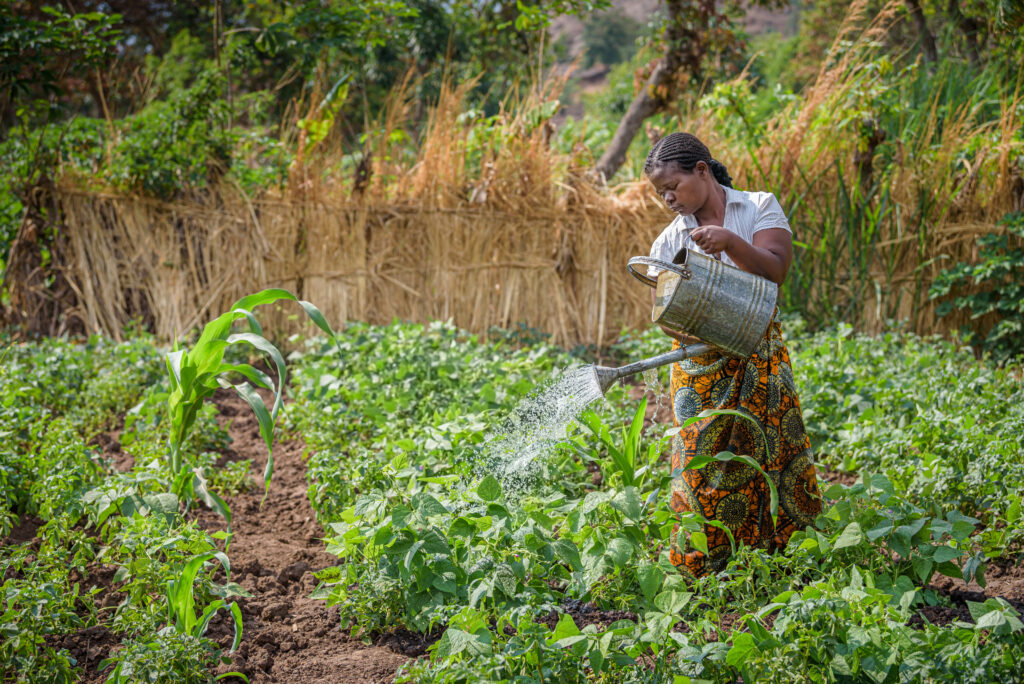
World Environment Day
Led by the United Nations Environment Programme (UNEP) and held annually on 5 June since 1973, World Environment Day is the largest global platform for environmental public outreach and is celebrated by millions of people across the world. In 2023, it is hosted by Côte D’Ivoire.
Why take part?
Time is running out, and nature is in emergency mode. To keep global warming below 1.5°C this century, we must halve annual greenhouse gas emissions by 2030. Without action, exposure to air pollution beyond safe guidelines will increase by 50 per cent within the decade and plastic waste flowing into aquatic ecosystems will nearly triple by 2040.
We need urgent action to address these pressing issues.

International School Meals Day
Every day, 370 million children around the world receive food at school provided by their governments. Governments invest in school meals because they are a powerful tool in efforts to reach Zero Hunger, helping to ensure every child has access to education, health and nutrition.
International School Meals Day, aims to raise awareness of good nutrition for all children regardless of their circumstances.
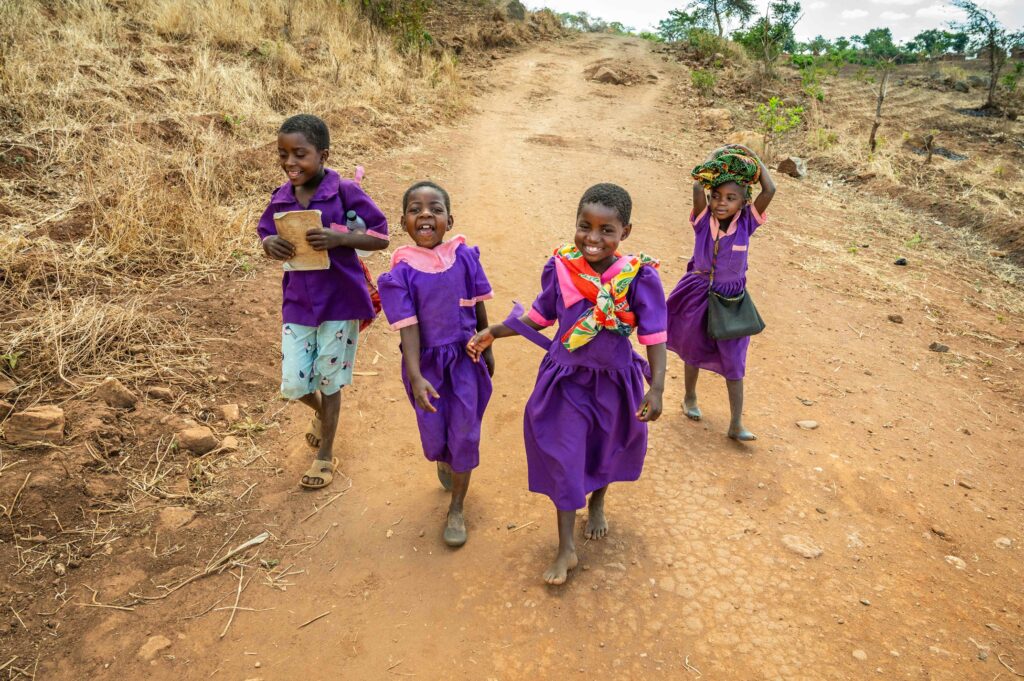
International Womens Day

BeanCon 24
BeanCon24 is an educational and networking event focused on bean innovation, trends and the future of food. On its third year, this annual global conference will bring together dry bean buyers and stakeholders from all over the world. BeanCon24 boasts engaging keynote speakers, innovative chefs, nutrition specialists and informative panel discussions, as well as opportunities for private business meetings, in-person networking events and more. BeanCon24 will take place in Cancun Mexico in a hybrid mode where both in-person and virtual attendees from around the world will be able to engage and enjoy the benefits of this event. Registration is now open. Don’t miss attending the most important event on dry beans.
